How To Share Yourself Without Sharing Too Much
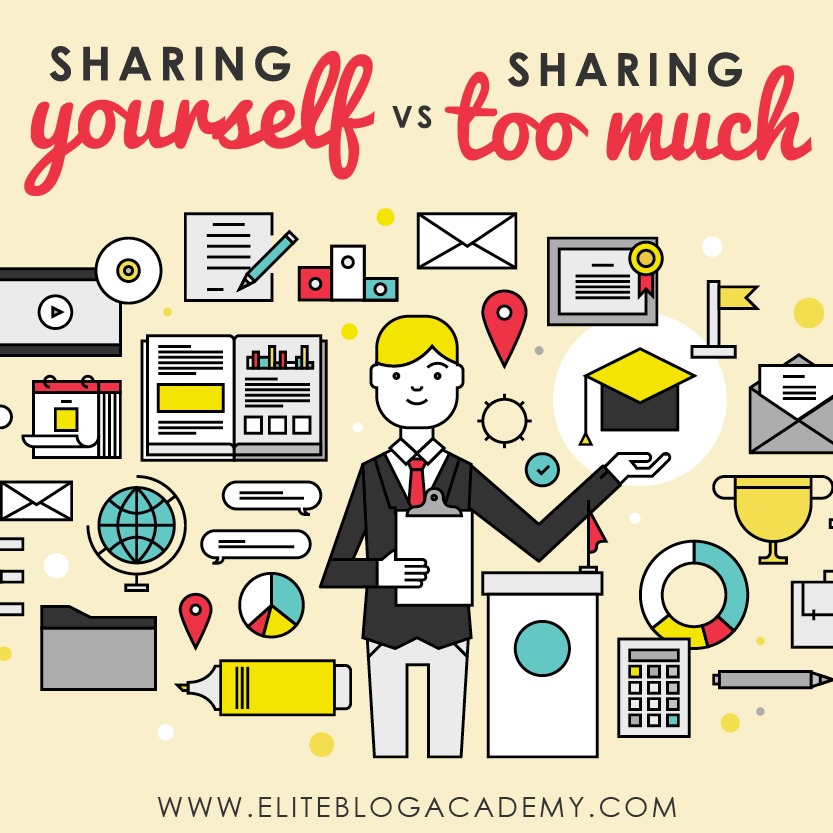
There’s such a fine line between presenting the authentic you and sharing too much. So how do you navigate between sharing yourself without oversharing?
Have you ever stumbled upon someone’s website, hoping that it would finally provide solutions to your problems? But instead, you find yourself scrolling through a detailed personal story. You read a little too far, and all of the sudden, you know WAY too many things about their life.
And, while it may be a really engaging, awesome story, it is still not the solution you came looking for and you are uncomfortable with how much was overshared… so you hit the back button and leave that website forever.
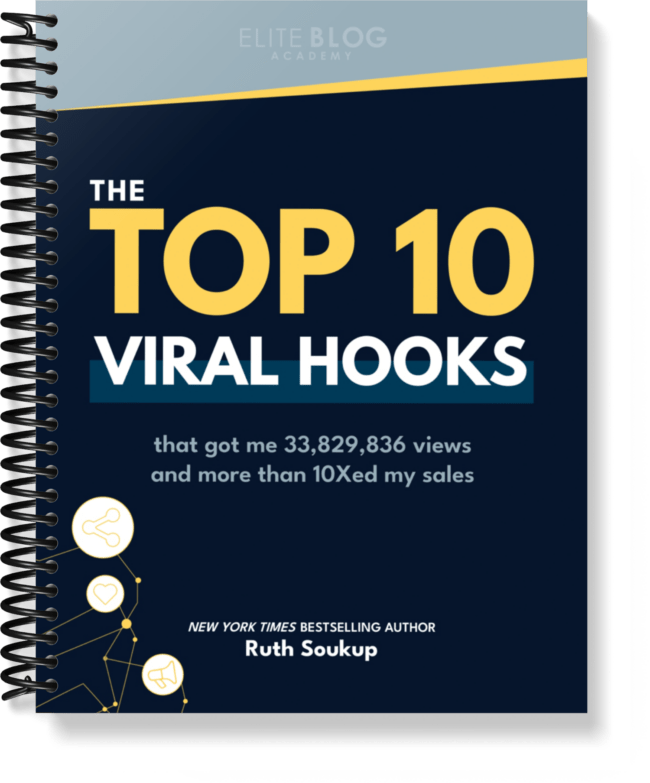
Are you ready for one sentence to change your business?
Using the right hook can do just that!
The truth is, an Instagram reel won’t change your business, at least not all on its own. But if you’re using the power of Instagram to drive leads into your business, using the right hook is vital for your success. Grab the exact hooks that have gone viral for my @ruthsoukup Instagram account again and again (and got me over 30 MILLION views and tens of thousands of new followers).
And the best part? It’s completely free! Just fill in your information below so I know where to send it.
But, you might think, “isn’t being personal with our readers important to gain their trust and their confidence?”
ABSOLUTELY.
So how do you navigate sharing yourself without oversharing?
SHARING WITHOUT OVERSHARING
Sharing yourself shows the readers the real you. It shows them your struggles and flaws. Most importantly, it shows them the journey you are taking to become the best version of yourself or to create a life you love.
Whatever your blog or business is about, from healthy eating to budgeting to family life, the knowledge you gain along the way becomes invaluable to your readers! You are showing them a path forward, letting them know that you have been there before and that success IS possible.
On the other hand, sharing too much, or at least too much too soon, can be overwhelming for your readers. Some details are just too mundane or even too sensitive to share.
A play-by-play of your day might read as boring to some, and an emotional tirade about something extremely personal that you might still be in the midst of processing or dealing with can often be too raw to actually be healthy.
So how do we strike this balance? How do we let people get to know our real selves, without crossing that line into oversharing.
Here are 3 simple steps things to remember whenever you write for your readers:
MAKE IT ABOUT THEM
The goal here is to shift the focus away from yourself and towards your readers. Do you know who your reader is, and are you speaking to them? It isn’t about what you do but about what your readers can learn from you.
Let’s say you are a master-budgeter and want to teach budgeting skills. Don’t lead in with your credentials, but lead in with what your audience will learn from you. Shift the spotlight and make sure it rests on your audience!
For the most part, try and stay away from long-winded personal stories that take away from your message, unless the purpose of telling that longer story is specifically to share your journey and the lessons you learned along the way.
In the end, your readers are interested in your story to the extent that it relates to them, and to the extent it teaches them something about themselves.
For posts that are teaching a lesson or have a specific problem to solve for your reader, try this little trick. Write a funny or moving or inspirational short personal story at the beginning of your post as your opening. Allow the story to draw people in, and then define your objective.
Your objective is the WHY: Why this post should matter. Then tie your personal story back into the objective. This helps drive home your message and what you want your readers to learn from your own personal experience.
It is SO important for your readers to know more about you, so make sure to flush out your About Me page as well.
BE RELATABLE
Right off the bat, your readers should be able to determine exactly what your message is. If they know what your blog is about, they will be able to find something they can relate to you with.
Here’s where you can absolutely make sure that you are speaking to your readers… Hone in on something that your target audience struggles with, like finding time for family, budgeting, helping a toddler sleep through the night, or yummy recipes for clean eating.
Whatever your niche, you should make a list of potential obstacles/problems that you think your audience is facing in their own lives and write with that in mind. That way you know that you are speaking directly to your readers and their personal challenges. Being relatable will keep your readers coming back again and again.
OFFER A SOLUTION
Now, this is where being personal comes in to help you build that much-needed trust with your audience. You need to help them understand WHY they should trust your opinion and advice. This is where you share examples of the struggles you’ve faced AND how you overcame them.
You are telling your readers, “I get it, this happened to me too, and this is what I did about it.”
I know it can be tough to decide if you are oversharing here, but try to keep in mind that the story of your journey towards success will help your readers see you as a real person and start to trust you.
Once they relate to you and you’ve built up trust, show your readers what steps you’ve taken along the way towards success. Break it down for them into small bite-sized actions that your audience can also take.
The beauty of blogging–and the thing that sets blogging apart from other forms of Internet marketing–is that it is personal and relational. Your readers will come for helpful content, yes, but they will also come because they can relate to you.
Thus it is important to be real and authentic, and to share authentically about your life, and to tell stories that your audience can relate to. Just make sure you are striking that balance between sharing without oversharing and letting your audience in to see the real, authentic you, flaws and all.
Looking for some awesome content ideas that don’t put you into oversharing territory? These 120 awesome blog post ideas that will help you beat writer’s block and bring killer content that builds your business every time! Get it FREE here.


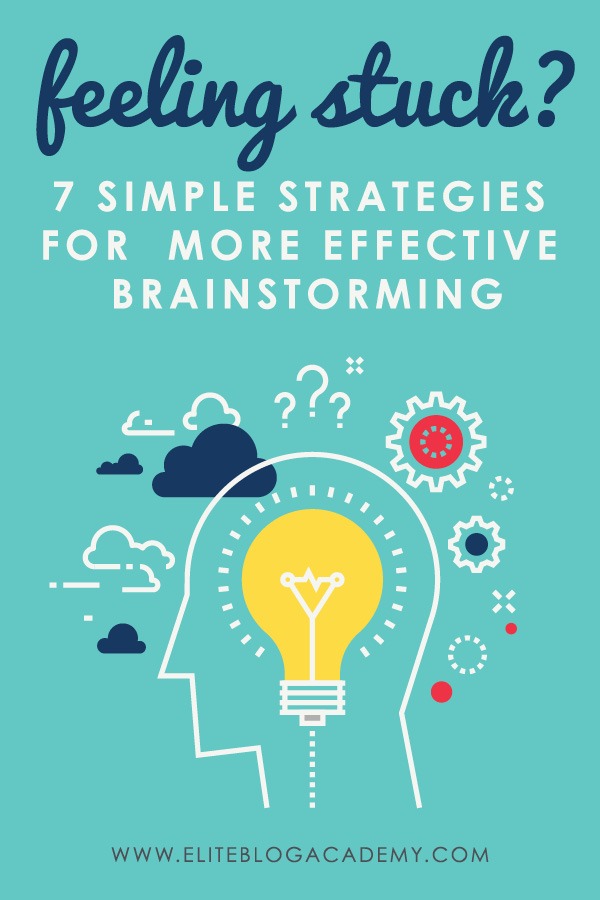
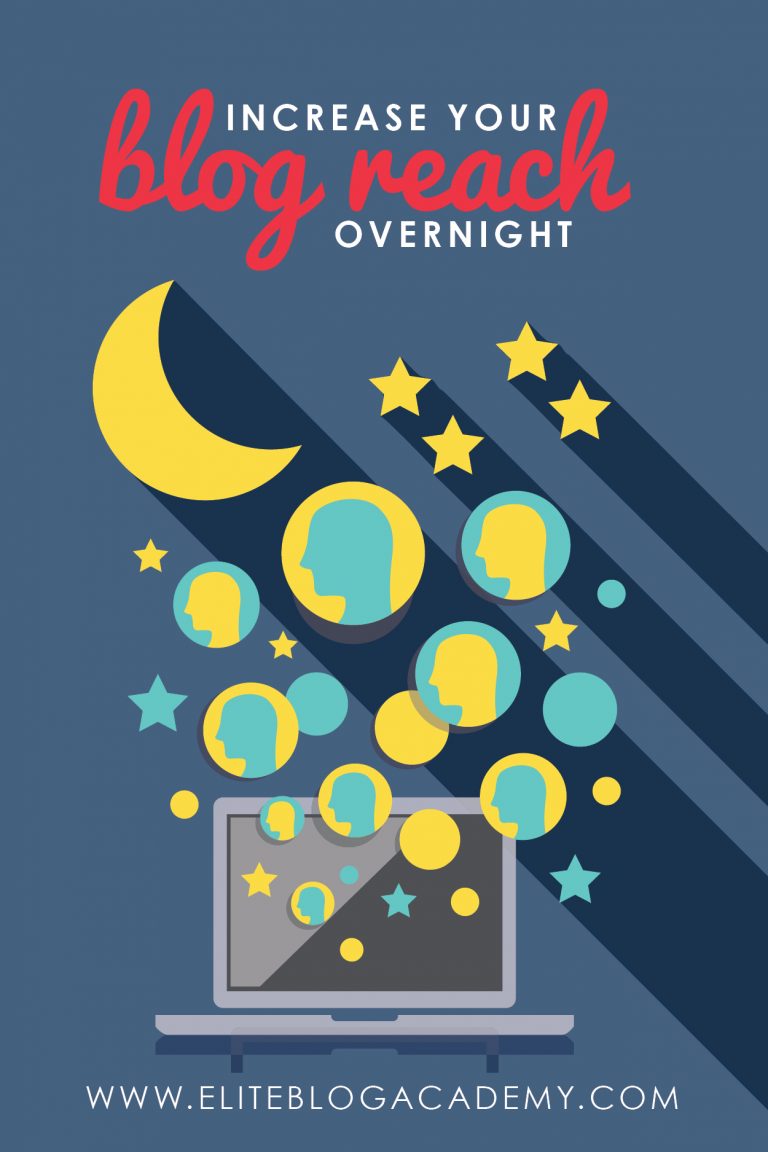
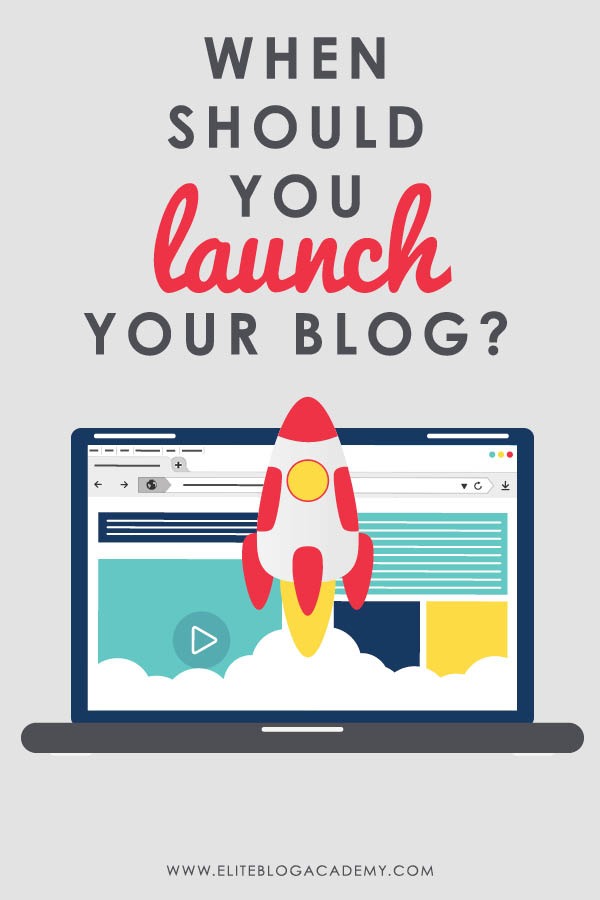
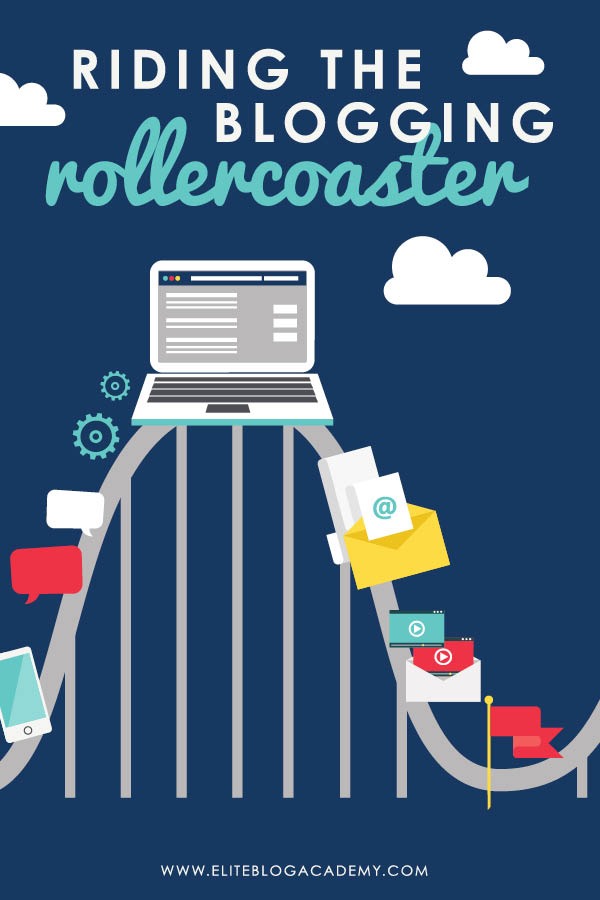
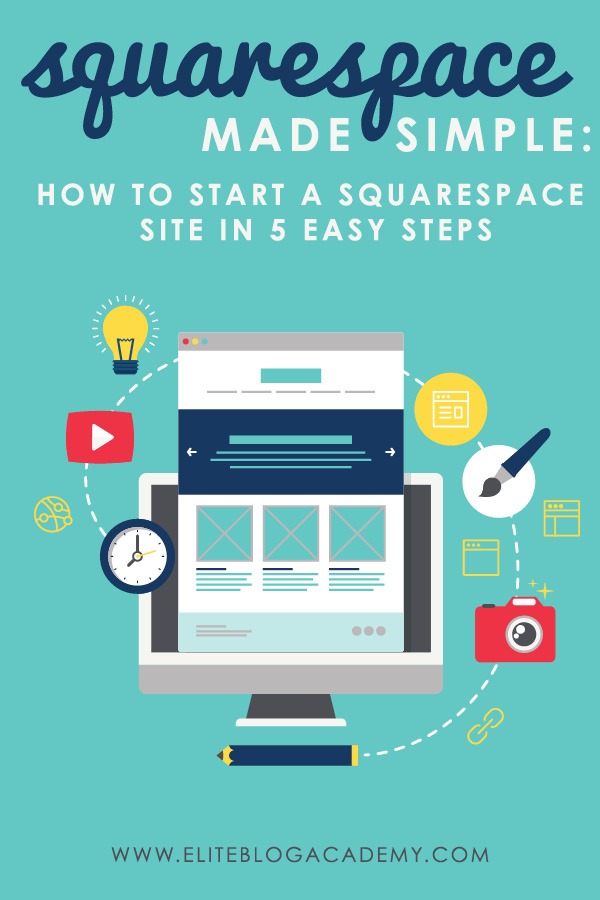
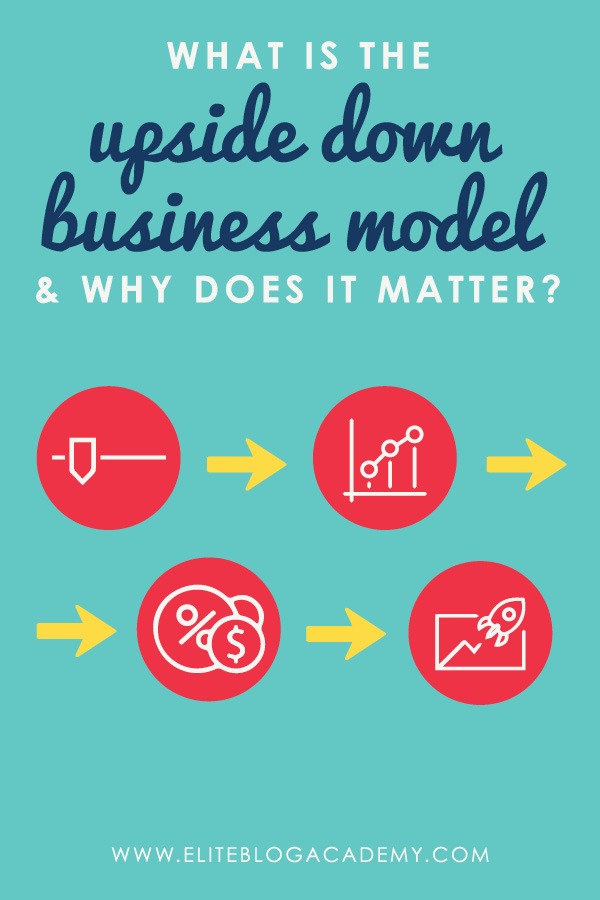
I’ve been teaching technical courses for almost 30 years as part of my engineering consulting firm. To illustrate key points, I’ve used personal “war stories” to drive lessons home. But although I enjoyed sharing the stories, I sometimes wondered if I was overdoing the personal aspect.
Twenty years ago, however, a colleague shared some research showing that we are wired to remember stories. So at the start of each class, I began telling students how I would use stories. Class feedback indicates the personal stories are a favorite part of the classes. Remember, these are technical classes that could be very boring by themselves 🙂
Lesson learned — share your personal stories, but with a purpose. I do the same (with good success) in my blog on starting/running a small consulting business. Once again, people tell me they appreciate it. Thanks for sharing your perspectives!
I notice when I share more personal stories that are tied to what I’m trying to teach in the blog post, the more connected my audience feels to me and the more they comment and write back their appreciation. It’s challenging at first but it’s what helps you get through to your readers. Thank you for the tips!
Jennifer- Good for you! I have a personal relationship with recovery (my self, my son, my bf) and love when I find people I can relate to on a real, honest, personal level. Where can I find you?
How do you avoid over sharing when you struggle with negativity, pessimism and controlling your temper?
Thanks for the tips. I’m going to review every single blog post I’ve included a personal story in and make sure it helps the readers. It’s must be all about them.